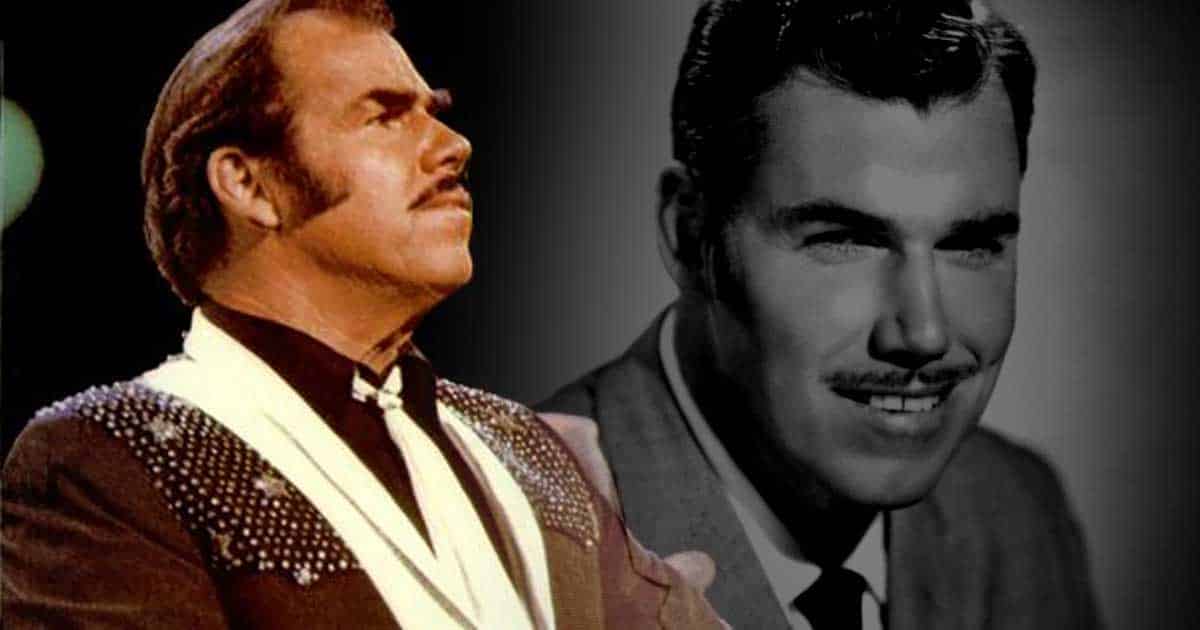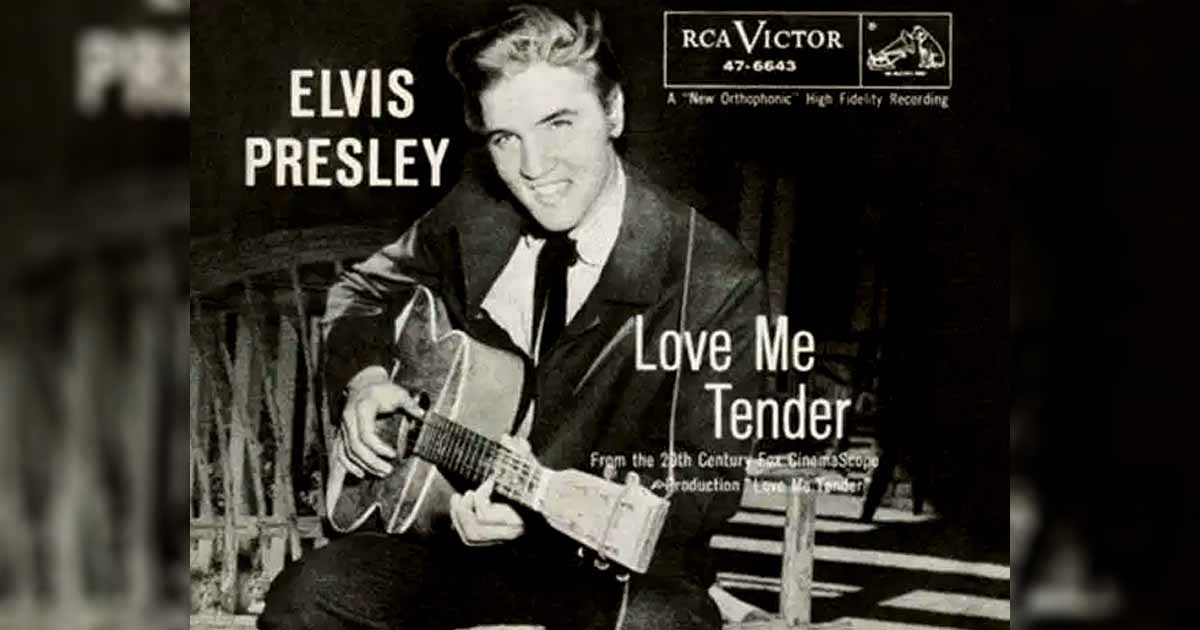Background
Ottis Whitman Jr was born in Tampa, Florida. Throughout his career, Ottis was known for his stage name “Slim Whitman.” Ottis made a name for himself as an American singer, songwriter, and instrumentalist. He possessed a very unique yodeling voice that fits well with the country music genre he was into.
As Whitman grew, the likes of Jimmie Rodgers and Gene Autry’s country music drew his interest. But it wasn’t until the end of World War II that Whitman would embark on his own journey as a solo artist. He began singing for entertainment to his fellow seals when he served in the South Pacific as part of the US Navy. His singing rendezvous was back by his captain by blocking his transfer to another ship. This event was a life-saving one for Whitman as the next ship that he was ordered to transfer to sank and left no survivors.
Slim Whitman had various ambitions in his life like becoming a boxer, or a professional baseball player. Nonetheless, all the roads he took led him to the stage. In addition to being a singer-entertainer, Whitman was a self-taught left-handed guitarist. He wasn’t born left-handed though. The second finger on his right hand was close to being totally lost due to the workload he faced in a meatpacking plant.
His Big Break
As Slim Whitman started to enter the music industry, he kept working at a shipyard. It was Thomas Parker who gave Whitman his biggest break. Parker discovered Whitman’s potential when he heard him sing on a radio show. This led Whitman to sign with the RCA Records. This was also the time that Whitman gained the nickname “Cowboy Singer, Slim Whitman.”
Whitman would then release his first single in 1946 with the title, “I’m Casting My Lasso Towards the Sky.” This song featured Whitman’s distinct yodeling voice. Because he was still at the early stage of his career, Whitman wasn’t earning enough to earn him a decent living. He then took a part-time job in a local post office to sustain his needs.
In the 1950s, Slim Whitman’s life would totally change. His own version of Bob Nolan’s hit song “Love Songs of the Waterfall” made a resounding noise throughout the Country Music charts that would later land on the 10th of the charts. The song was featured in the movie, “Close Encounters of the Third Kind.”
With his prior cover song making an introductory hit, Slim Whitman’s next song, “Indian Love Call,” made a bigger splash. The song was declared number 2 on the Country Music charts and even secured a place on the Top 10 of the US Pop charts. Like the first hit, his second song, “Indian Love Call” was also heard played in the science-fiction film, “Mars Attacks.”
Aside from Whitman’s yodeling that sets him apart, his choice of songs was also great complements. He avoided the common themes in Country Music like heartaches and booze. He chose to focus on songs about laid back romantic melodies that talked about simple living and love.
Over the years, Slim Whitman’s success in the industry of Country Music was solidified with his single “Rose Marie.” This song held the Guinness World Record for the longest solo to stay on top of the UK Charts where it lasted for 11 weeks. The record was only broken by Bryan Adams, 36 years after, in 1991.
Slim Whitman’s Legacy
The influence and legacy of Slim Whitman were more than just setting records and recording hit songs. The uniqueness of his style as a left-handed guitarist also brought inspiration to the people who saw him perform. One of them was the young Paul McCartney who was once a struggling left-handed guitarist. McCartney saw a picture of Slim Whitman playing a standard guitar left-handed after being restrung.
Just like any music artist, Slim Whitman‘s story brings inspiration to anyone who’ll find time to know. He’s among the precious few who truly stood out in the music industry.
This brought me to the thought of how unique our bodies were made. But while a body appears to be one, it is made up of different and unique individuals who are being made perfect when they work together. The same is true with what Slim Whitman contributed to the perfecting of Country Music as a thriving genre.


















